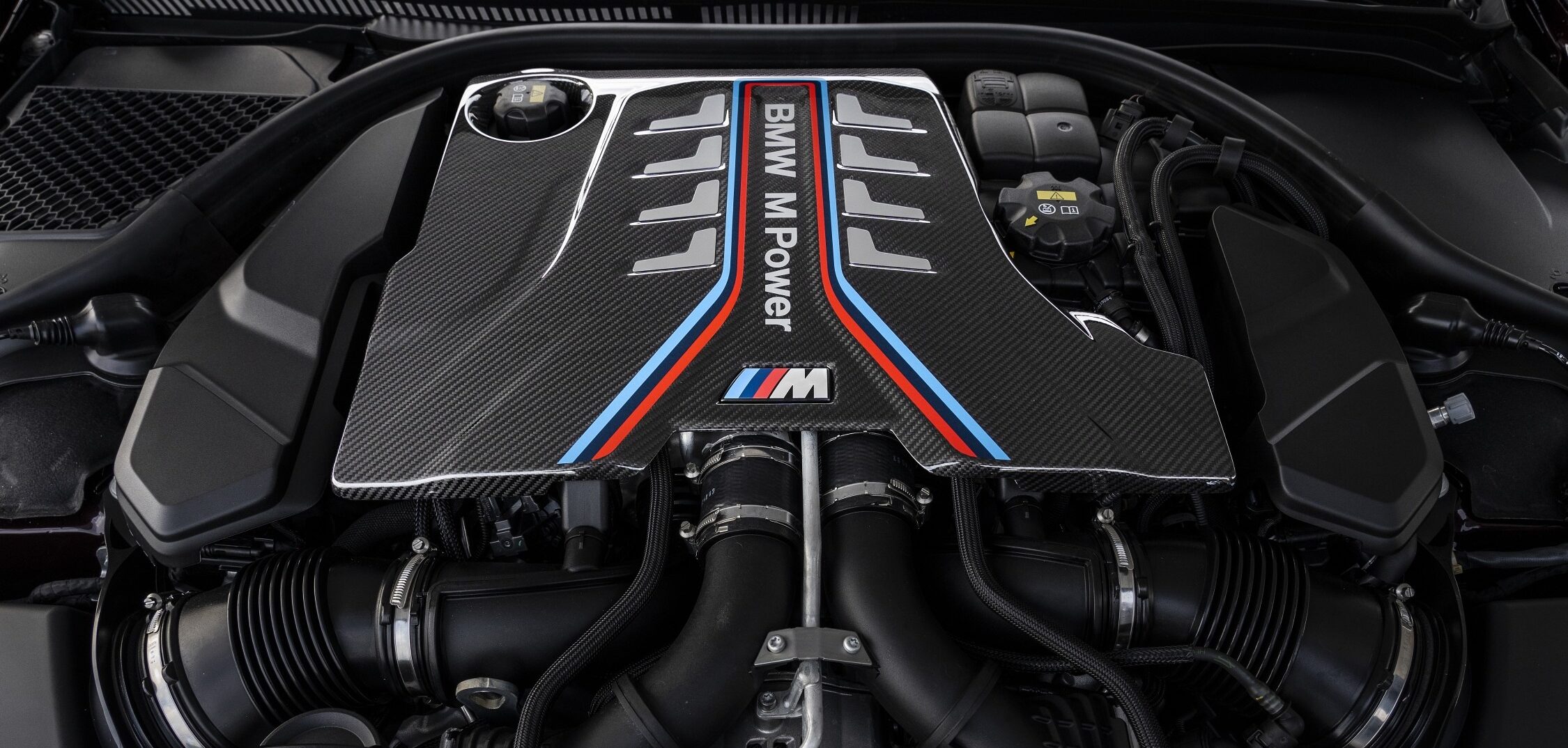The Duty of BMW Engine Layout in Getting Exceptional Fuel Performance
The Duty of BMW Engine Layout in Getting Exceptional Fuel Performance
Blog Article
Introducing the Intricacies of Next-Generation Power Units: a Deep Dive Into Advanced Engine Layouts and Developments
As we stand on the precipice of a brand-new era in transport, the ins and outs of next-generation engine layouts bid us to check out the cutting-edge technologies and technologies that assure to redefine the driving experience. Digging much deeper into the realms of discharge control, smart engine management systems, and the horizon of power system growth, we locate ourselves on the cusp of a transformation that assures to improve the landscape of flexibility as we know it.
Development of Engine Materials

The change in the direction of progressed engine products has actually also made it possible for engineers to develop engines with greater power outputs while keeping fuel performance criteria. For instance, making use of lightweight products reduces the overall weight of the engine, bring about improved fuel economy and reduced discharges. In addition, advancements in products modern technology have actually allowed for better thermal monitoring within engines, causing enhanced reliability and durability.
Turbocharging and Supercharging Technologies
How do Turbocharging and Supercharging Technologies change engine performance and efficiency in contemporary vehicles? Turbocharging and supercharging are modern technologies that considerably boost engine performance by boosting the amount of air intake right into the combustion chamber. Turbocharging achieves this by using a wind turbine driven by exhaust gases to pressurize the intake air, while supercharging makes use of a belt- or chain-driven compressor to achieve the same effect.
These innovations enable smaller, more fuel-efficient engines to generate power equal to bigger ones, called downsizing. Forcibly even more air into the cyndrical tubes, turbo charging and turbocharging boost combustion effectiveness, leading to boosted horsepower and torque outcome without a significant increase in engine size. This leads to much better acceleration, lugging capacity, and total driving performance.
Furthermore, turbocharging and turbo charging add to enhanced gas efficiency by allowing the usage of smaller engines that consume much less fuel under regular driving conditions - bmw engine. This combination of enhanced efficiency and performance has made turbocharging and supercharging important components of several contemporary engine designs
Discharge Control and Environmental Impact
With boosting worldwide problems concerning air top quality and ecological sustainability, the execution of exhaust control modern technologies in automobiles plays a crucial function in reducing dangerous contaminants launched right into the atmosphere. Modern automobiles are outfitted with innovative exhaust control systems that assist minimize the ecological influence of automotive procedures. Catalytic converters, for example, are designed to convert toxic gases such as carbon monoxide gas, nitrogen oxides, and hydrocarbons right into less damaging materials like carbon dioxide and water vapor.
In addition, developments in engine modern technology, such as the combination of exhaust gas recirculation systems and discerning catalytic decrease, have actually substantially added to reducing discharges. These modern technologies function in tandem to enhance burning performance see this here and lessen the release of damaging toxins into the air. Furthermore, the growth of hybrid and electrical automobiles represents a crucial step towards decreasing the total ecological footprint of the transport field.
Intelligent Engine Administration Equipment

In addition, these systems enable vehicles to fulfill strict exhausts requirements without jeopardizing efficiency, offering a much more eco pleasant driving experience. The combination of man-made knowledge and device learning abilities in engine administration systems remains to press the limits of what is possible, bring about more improvements in efficiency, integrity, and general car performance. bmw engine. article As automobile modern technology advances, intelligent engine management systems will play a vital duty fit the future of transportation in the direction of a much more efficient and lasting direction
Future Trends in Power Device Growth
As smart engine management systems lead the way for boosted control and optimization in modern vehicles, future fads in power unit advancement are poised to redefine the landscape of automobile propulsion technologies. Among the key fads driving technology in power system advancement is the shift towards electrification. With an enhancing concentrate read more on sustainability and lowering carbon discharges, hybrid and electric powertrains are ending up being more prevalent in the automobile sector. These different power resources offer improved performance and efficiency while lining up with strict ecological guidelines.
One more significant fad is the integration of advanced materials and manufacturing strategies. Lightweight products such as carbon fiber and aluminum are being made use of to decrease general car weight, enhancing fuel performance and performance. Furthermore, advancements in 3D printing and additive production are enabling the manufacturing of complex engine parts with greater precision and longevity.
Moreover, man-made knowledge and artificial intelligence are playing a vital function in optimizing power unit efficiency. These technologies permit real-time monitoring and adaptive control, bring about a lot more reliable and dependable power shipment. On the whole, future fads in power unit growth are geared in the direction of efficiency, sustainability, and performance, driving the automotive market towards a brand-new era of propulsion technologies.

Conclusion
Finally, the innovations in engine materials, turbocharging, emission control, and smart monitoring systems have led the way for next-generation power systems. These advancements have not only improved efficiency and efficiency but likewise minimized ecological influence. As modern technology remains to evolve, future patterns in power device advancement are likely to concentrate on further boosting sustainability and maximizing power result. The complex layouts and technologies in modern engines showcase the recurring development of automobile innovation.
Checking out the modern developments in engine products has been critical in improving the performance and performance of contemporary engines. Over the years, the advancement of engine products has actually played a crucial role in pushing the boundaries of what engines can achieve.The shift in the direction of advanced engine materials has actually also enabled designers to develop engines with higher power outputs while keeping fuel performance requirements.The implementation of smart engine monitoring systems in modern-day automobiles has reinvented the way engines are regulated and enhanced for efficiency and efficiency. By gathering information in real-time and analyzing it with advanced algorithms, intelligent engine administration systems can adapt to driving designs, ecological aspects, and engine wellness to maximize power output while reducing gas usage and emissions.
Report this page